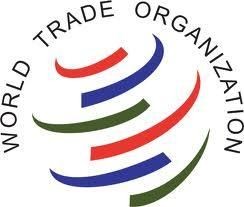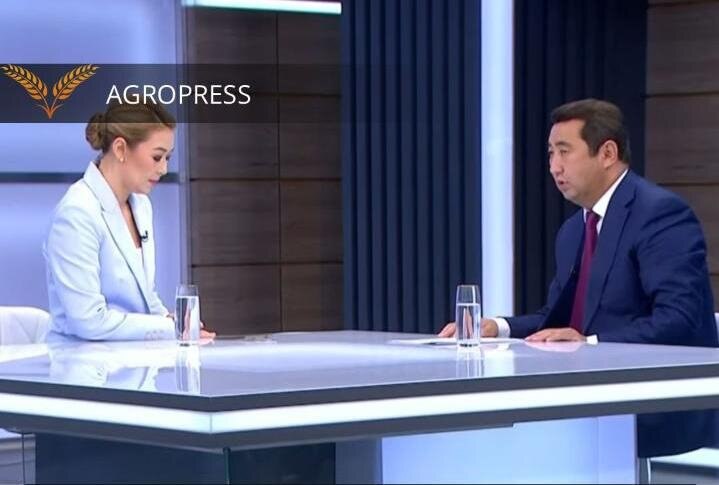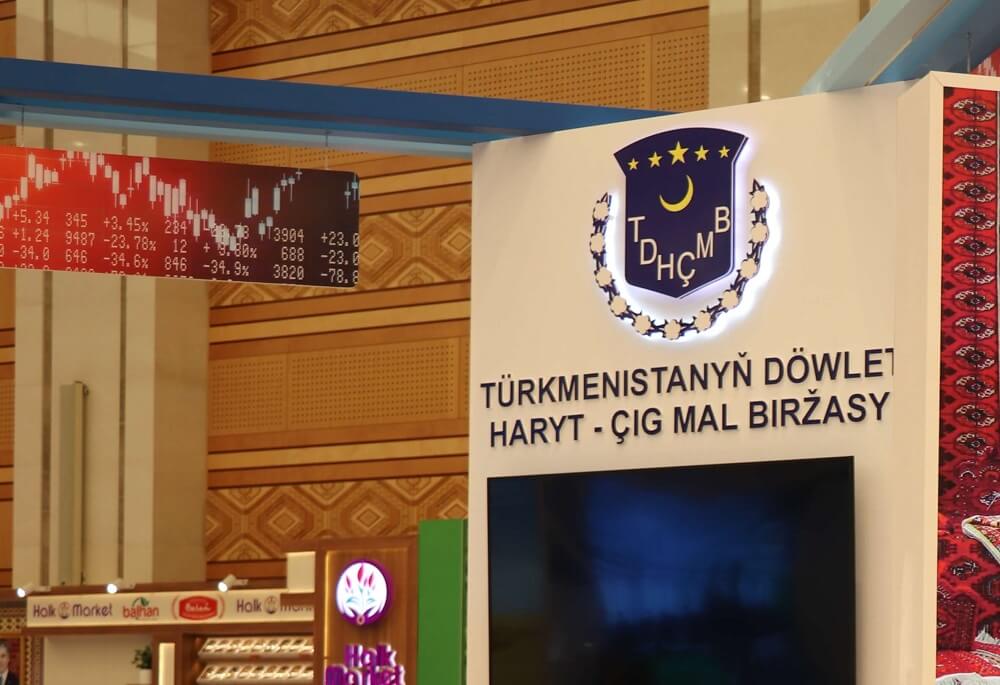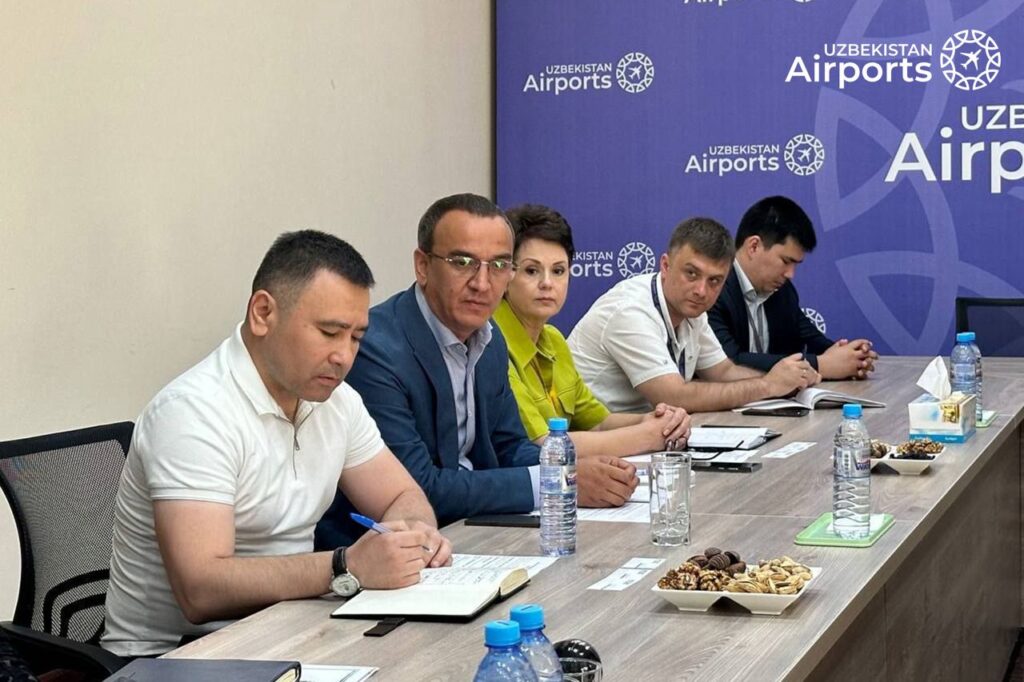TASHKENT (TCA) — Membership in the World Trade Organization would open up new prospects for Uzbekistan, and the country is intent on moving toward that goal. At a two-day seminar that started in Tashkent on June 21, national officials, agricultural producers and many others study the implications of WTO accession for Uzbekistan, with special attention to possible reforms in the area of trade and domestic support policy.
Organized by FAO and the World Bank, the training event covers the necessary steps to maximize benefits from more open trade in agricultural and food products, and how to minimize negative effects on producers.
Uzbekistan first applied for WTO membership in 1994, but is now taking an active approach to accession.
“This is a decision that means strong engagement and hard work for the country,” said FAO economist Iryna Kobuta, “but the national agriculture sector and domestic consumers will benefit in the long run from more developed production, processing and marketing systems.”
Accession requires professional preparation in all fields, and agriculture is no exception, she added.
“Taking advantage of the opportunities that WTO membership provides also requires updating regulatory frameworks where necessary and adopting measures to improve the overall competitiveness of the agricultural sector,” Kobuta said.
Of the 12 countries formerly part of the Soviet Union, eight have already joined the WTO: Armenia, Georgia, Kazakhstan, Kyrgyzstan, Moldova, Russian Federation, Tajikistan, and Ukraine. The seminar features speakers from these countries who will present how they addressed agricultural issues in the accession process, and adapted their agricultural and trade policies to comply with WTO requirements.
The three main aims of the seminar are: to improve understanding of WTO trade rules related to agriculture, to discuss best practices and experiences of post-Soviet countries that have already joined WTO, and to identify and discuss areas of concern for the agricultural sector.
Participating in the seminar are Ministry of Agriculture officials; food safety, sanitary and phytosanitary authorities; economists, public sector institutions and representatives of academia and agro-producer associations.









